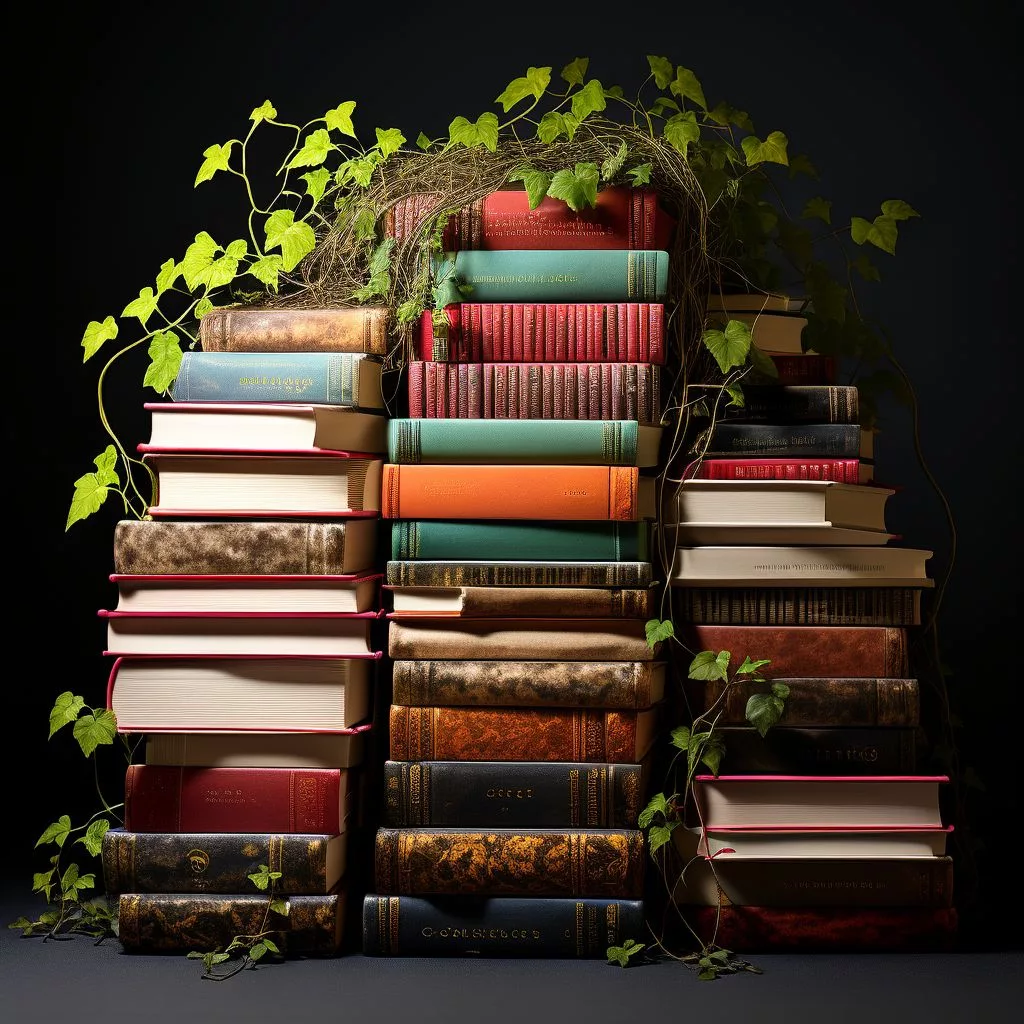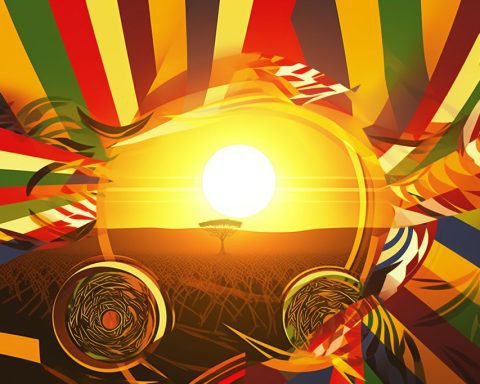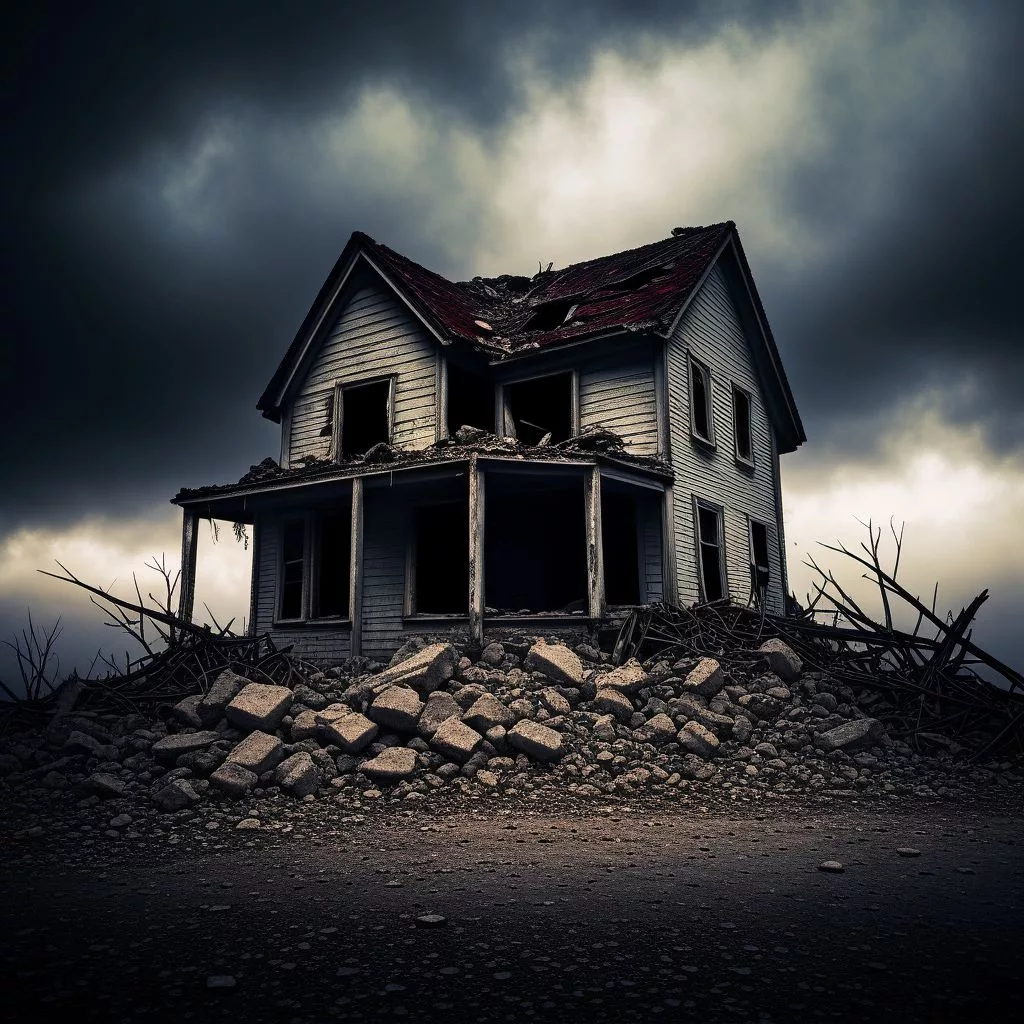The world of arts and culture is buzzing with debates about fairness and who gets to represent various voices. Recently, South African artist Ntsiki Mazwai accused Minister Gayton McKenzie of choosing media star Unathi Nkayi over more qualified artists for an important event, raising concerns about favoritism. McKenzie argued he aimed for better racial representation, sparking a clash between the ideas of talent and diversity. This controversy shows how tricky it is to balance merit and inclusion in the arts, inviting everyone to think about who should truly speak for a nation’s culture. In the end, these discussions are crucial for creating a fairer and more vibrant artistic world.
What are the main controversies in arts and culture today?
Controversies in arts and culture often revolve around representation, merit, and fairness. A prominent example is the debate over government involvement in cultural selections, as seen in the accusations of favoritism and corruption in the selection of artists for international events. This tension highlights ongoing discussions about inclusivity versus meritocracy in the arts.
The vibrant world of arts and culture often finds itself at the center of debates concerning representation, merit, and fairness. A recent controversy involving South Africa’s Minister of Sport, Arts and Culture, Gayton McKenzie, alongside artist Ntsiki Mazwai and media personality Unathi Nkayi, illuminates these issues. This incident delves into the complexities of cultural diplomacy, government involvement, and personal ambitions in the arts sector.
Mazwai’s Frustration and Accusations
Ntsiki Mazwai, a well-respected figure in the South African arts community, voiced strong allegations against Minister Gayton McKenzie, accusing him of corruption and favoritism. Her discontent arose from the selection of Unathi Nkayi to participate in the Havana International Book Fair. Mazwai felt that her own qualifications as a writer were overlooked, particularly questioning Nkayi’s literary credentials. She expressed a commonly shared sentiment among artists who feel marginalized in cultural representation. “Selecting someone like Unathi, who isn’t known as a writer or poet, to represent us at such a prestigious event is unacceptable,” Mazwai argued, reflecting the concerns of many who perceive bias in these selections.
Mazwai’s background provides insight into her discontent. Holding a master’s degree in writing and with numerous published works, she epitomizes dedication and expertise in the literary world. Yet, being excluded from the Havana Book Fair—a global celebration of literary talent—felt like a rejection of her contributions and potential impact. This sense of injustice prompted her to demand an investigation by the Public Protector, underscoring her commitment to transparency and fairness in government processes.
The minister, however, offered a contrasting perspective. McKenzie defended his decision as an effort to promote racial inclusion in South Africa’s cultural delegations. He explained, “My aim was to ensure inclusion,” highlighting his desire for diverse representation on international platforms. By advocating for participants from various racial backgrounds, McKenzie sought to address historical imbalances and challenge existing norms.
Balancing Meritocracy and Representation
McKenzie’s intentions, as he described, stemmed from reviewing past delegations that lacked diversity. He maintained that his decision was driven not by personal connections or favoritism but by a commitment to inclusivity. “Racism will never find a place under my watch,” he proclaimed, framing his efforts as a move toward an equitable cultural landscape.
The dispute between Mazwai and McKenzie taps into larger themes within the arts sector, particularly the tension between meritocracy and representation. The arts, often celebrated for their diversity of thought and expression, can also reflect societal disparities, sparking debates about who should be the face of a nation’s cultural heritage on global platforms. Mazwai’s concerns highlight fears that merit alone may not guarantee recognition, while McKenzie’s viewpoint raises questions about achieving true inclusion.
Historically, the arts have served as arenas for social change and discourse. Movements like the Harlem Renaissance and the Bloomsbury Group show how artists have navigated societal structures, sometimes challenging them and at other times reinforcing them. The controversy at the Havana Book Fair echoes these historical debates, underscoring the ongoing balancing act between talent recognition and diversity promotion.
Government’s Role in Cultural Representation
This situation invites reflection on the government’s role in cultural representation. Should officials determine who represents a nation’s artistic accomplishments, or should this responsibility rest within the artistic community itself? The question remains complex, as governmental support can provide vital resources for artists but also risks introducing political agendas that may overshadow artistic merit.
Adding another layer to this complex tapestry is the issue of public funding. Mazwai’s critique of using public funds for what she perceives as personal appeasement raises broader questions about accountability in government expenditure. Public funds, meant to enrich cultural landscapes, must be allocated with transparency to maintain public trust and nurture a flourishing arts sector.
Unathi Nkayi’s involvement also brings to light the evolving definition of a “writer” in contemporary culture. In an age where traditional literary boundaries are dissolving, with digital platforms and various media expanding the notion of authorship, Nkayi’s inclusion could indicate a shift towards recognizing a wider array of voices and mediums in literary spaces.
The Intersection of Celebrity and Art
The controversy further illuminates the dynamics of celebrity within cultural sectors. Nkayi, renowned for her work in media, brings visibility to events like the Havana Book Fair, potentially drawing audiences who might not engage with traditional literary figures. This interplay between celebrity and art can enrich cultural dialogues while also complicating them, as it challenges established hierarchies and introduces new narratives.
Ultimately, this incident showcases the intricate interplay of factors shaping cultural representation. From personal achievements and aspirations to governmental policies and societal values, each component influences how nations project their cultural identities on the international stage. As the arts continue to evolve, so too will the discussions surrounding who gets to participate in and shape these vibrant cultural exchanges.
In conclusion, the arts remain a dynamic field where conversations around representation, merit, and fairness are both necessary and inevitable. The ongoing debate involving figures like Mazwai, McKenzie, and Nkayi highlights the need for continued dialogue and reflection to foster a more just and inclusive artistic landscape for future generations.
FAQ on Navigating Controversies in Arts and Culture
What are the main controversies in arts and culture today?
Controversies in arts and culture often center around representation, merit, and fairness. Current debates involve government involvement in artist selections, accusations of favoritism, and the tension between inclusivity and meritocracy. A recent example is the clash involving South African artist Ntsiki Mazwai, Minister Gayton McKenzie, and media personality Unathi Nkayi regarding representation at the Havana International Book Fair.
Who was involved in the recent controversy regarding cultural representation?
The controversy primarily involves Ntsiki Mazwai, a respected South African artist, Minister of Sport, Arts and Culture Gayton McKenzie, and media personality Unathi Nkayi. Mazwai accused McKenzie of favoritism in selecting Nkayi, who she believes lacks the literary qualifications to represent South Africa at a prestigious event.
What was Ntsiki Mazwai’s main complaint about the artist selection?
Ntsiki Mazwai’s main complaint was that Unathi Nkayi was chosen over more qualified artists, like herself, to represent South Africa at the Havana International Book Fair. She argued that Nkayi is not known as a writer or poet and felt that her own qualifications as a writer were overlooked in favor of celebrity status.
How did Minister Gayton McKenzie defend his choice of Unathi Nkayi?
Minister Gayton McKenzie defended his choice by stating that his aim was to promote racial inclusion in South Africa’s cultural delegations. He maintained that the selection process was intended to ensure diverse representation and to remedy historical imbalances in cultural representation, rather than being driven by favoritism or personal connections.
What does this controversy reveal about the balance between talent and diversity in the arts?
The controversy highlights the ongoing struggle to balance merit and inclusion in the arts. It raises important questions about who should represent a nation’s culture on global platforms and emphasizes the need for continued dialogue about the roles of talent, diversity, and the potential impact of government involvement in artistic representations.
Why is the government’s role in cultural representation a point of contention?
The government’s role in cultural representation is contentious because it raises questions about accountability, transparency, and the potential for political agendas to overshadow artistic merit. Critics argue that public funds should be allocated based on merit and qualifications rather than personal connections, while some advocate for governmental support to enhance diversity and representation in the arts.









